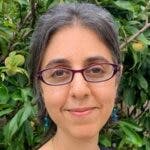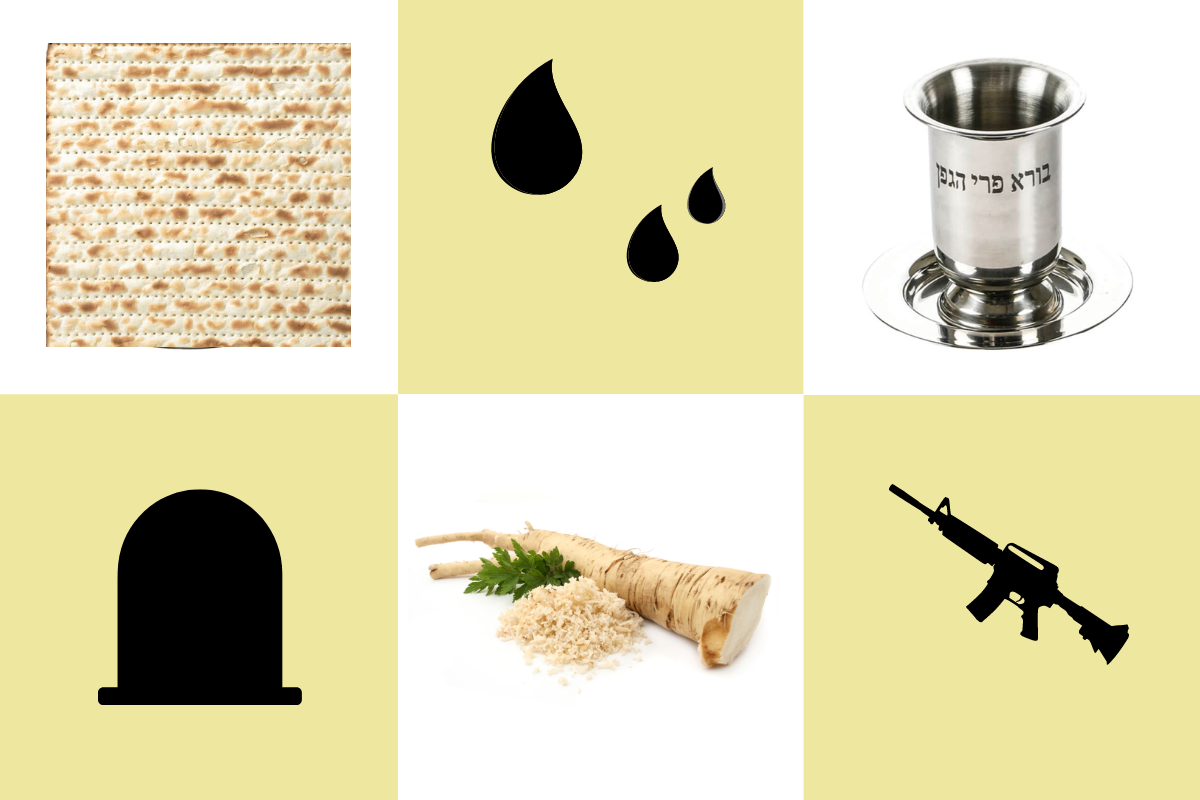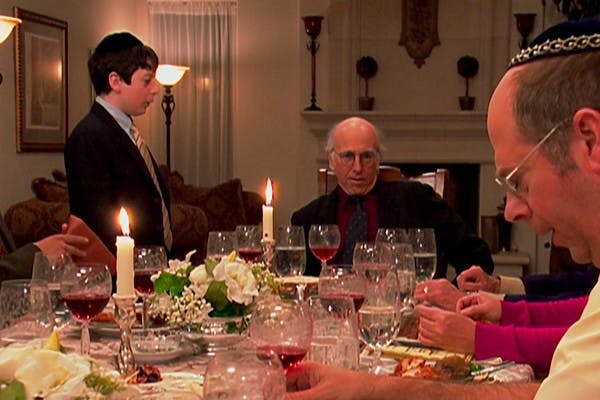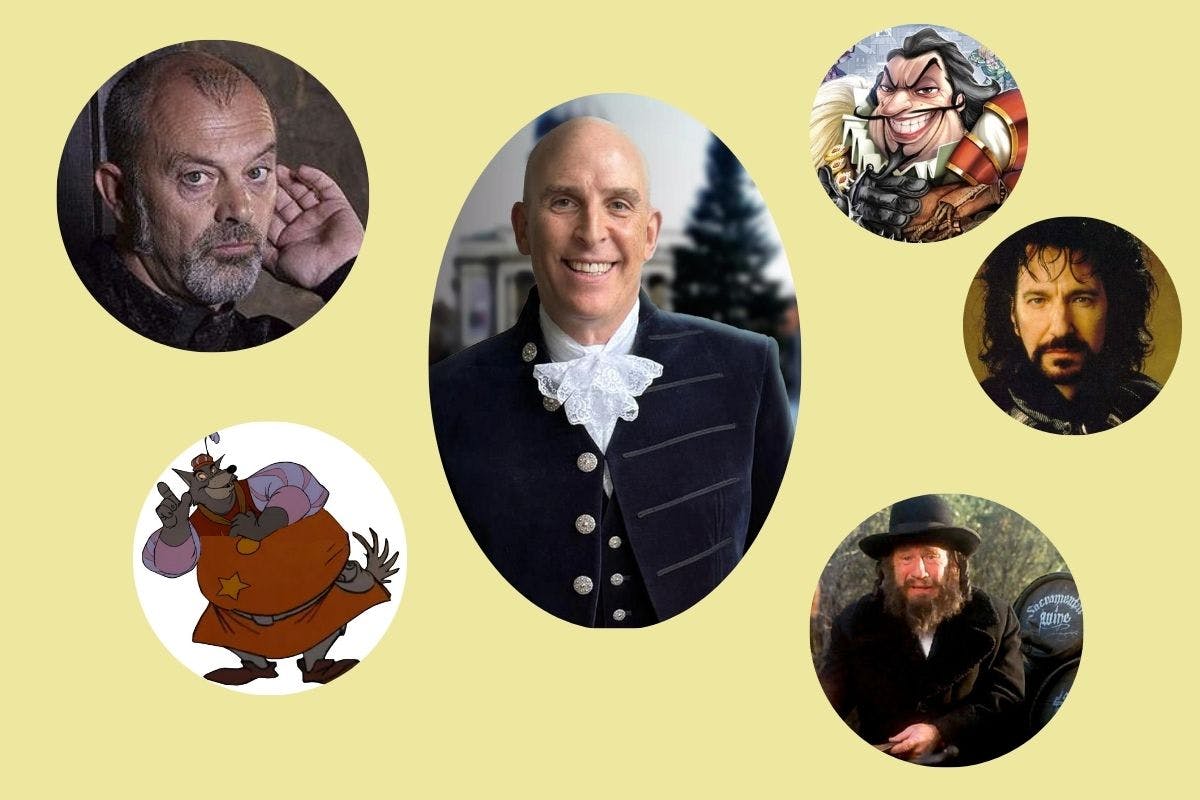Published: 10 December 2023
Last updated: 5 March 2024
LILACH MILEIKOWSKI says that after the horror of October 7, visitors have found her show to be a source of comfort and hope.
The State Library of Victoria may be shrinking away from its exhibition of illuminated Hebrew manuscripts. But in suburban Melbourne, ceramic artist Lilach Mileikowski is proudly displaying her connection to Israel. Mileikowski’s solo exhibition, currently open at the Glen Eira City Council Gallery, showcases her unique and striking sculptures in which Hebrew text – from sacred prayers including Shema and Birkat HaKohanim, to her father’s handwriting – is prominent. The exhibition also includes an artwork called Draped in Grief, a response to the October 7 massacres.
Mileikowski’s work features ancient-looking vessels comprised of clay, fabric, steel wire and screen-printed Hebrew scripts. Her exhibition includes artworks titled Pillars of Prayers, Shir Lama’alot (Song of Ascents), The Congregation and Raw Faith. Yet Mileikowski is not religious. Rather, her use of sacred texts comes from a place of spirituality. “It’s about connecting to my place of origin; the people, the culture and the land of Israel,” she says.
Mileikowski’s work has always focused on themes of comfort, connection and protection. When she first began working with Hebrew prayers, she turned to the Shema – which sits inside the mezuzah to protect the Jewish home – as a symbol of the need to be protected, and to protect loved ones. Both of which, as Mileikowski says, “we need now more than ever”.
Israeli-born Mileikowski moved to Melbourne in 1995 with her young son and Australian husband, Danny, who she met on kibbutz after he made aliyah. They only planned to stay in Australia for a few years. Instead, they had two more children and never returned to live in Israel. But Mileikowski remains deeply tied to her homeland.
She admits to feeling uneasy in the lead-up to the opening of her exhibition last month. “Everyone in Israel was in mourning and I was publicising my exhibition, as if the situation was hardly impacting me.” She shared her concerns with a fellow Jewish ceramic artist who insisted that Mileikowski’s art would inspire others, giving them strength to carry on despite the massacres. With the exhibition now in full swing, Mileikowski agrees that it’s been a source of comfort and hope for Jewish visitors.
When I ask Mileikowski if she has any fear around having her Jewish and Israeli identity so publicly on display, she doesn’t hesitate: “Not at all”. She says that while the Palestinian protests, some of which took place down the street from her home, were very unpleasant, they only made her more determined to promote her art.
She’s been publicly posting on social media, detailing the times she’ll be available for visitors to ‘meet the artist’ at the gallery. “I don’t know how much influence my exhibition has, but it’s a way for me to express my pain and support Israel,” she says. So far, she hasn’t experienced any antisemitism in response to the exhibition.


On the contrary, Mileikowski had a very positive response from the wider community. When she explains to non-Jewish visitors that the words of Shema represent protection and tells them about the mezuzah, it resonates. “Everyone has loved ones they want to protect, no matter what their religion is or where they come from,” she says. Visitors are also touched by her piece called Aba Tells Me A Story, with its universal theme of protecting ageing parents.
When Mileikowski asked her father to write something she could use in her art, she was taken aback to notice that his familiar handwriting had changed. “It was less curved and confident; more shaky than it used to be,” she says. Mileikowski realised that as we age, so does our handwriting. She felt compelled to document her father’s script. “And what better way to preserve it than to fuse into ceramic to make it permanent?”
The result is an artwork which incorporates her 84-year-old father’s handwritten recollection of making aliyah from Turkey when he was only nine, in Hebrew script. Mileikowski is also using another family member’s handwriting in her art.
Mileikowski’s mother-in-law died last year, leaving behind a box of handwritten recipes. Sorting through the box, Mileikowski was delighted to find a recipe for ‘Tzila’s best burekas’. Tzila is Mileikowski’s mother, who had once been close friends with her mother-in-law. In honour of both women who protected Mileikowski with their love and comforted her with their food, she created Nestled – an artwork with the handwritten bureka recipe wrapped in the Shema, then cocooned in clay.
Mileikowski says there have been many times her work hasn’t turned out as she’d hoped or expected. This was certainly true of Draped In Grief, which became a response to the Hamas terrorist attacks. On the morning of October 7, Mileikowski was due to take the piece out of her kiln after 48 hours of firing. That Saturday, she went into her studio and tuned in to the Israeli station, Galgalatz, as she always does. “But there wasn’t much music on as there was a continuous alarm saying tzeva adom, tzeva adom – code red, code red.”
At the same time, she was disappointed when she opened her kiln. “I originally made the piece standing straight and strong,” she says. “But it ended up a bit warped, it wasn’t as stable as I’d intended, and all my father’s writing at the top had melted and bubbled.”
Mileikowski explains there’s always a danger that one of her pieces could break; that they won’t survive the journey to the kiln and the intense heat of the firing process. But even though this piece changed from what she was expecting, it managed to survive. “I came back to it a couple of days later and thought that this piece is actually such a strong symbol of what happened because it’s only just holding together.”

Mileikowski’s art has always been about what humans need to survive. Many of her ceramics are made out of repeated elements which combine to form one unit, reflecting the need for people to connect and unite for greater strength. She screen prints Hebrew text onto delicate, translucent clay and attaches it to more robust clay, combining the fragile and the strong to represents how vulnerable we are as individuals and how much stronger we are as a group.
The Talmud says that when parents choose a name for their baby, they receive one-sixtieth prophecy; that an angel comes to them and whispers the name the new baby will embody. Perhaps Mileikowski was similarly struck by some sort of prophecy when, long before October 7, she chose to name her exhibition Sustenance.
Sustenance: it’s exactly what the Jewish world needs right now.
‘Sustenance’ is open until 17 December 2023 at Glen Eira City Council Gallery, Caulfield. Lilach Mileikowski will be at the Gallery on Saturday 16 December from 2-4pm to chat to visitors and answer questions about her work.




